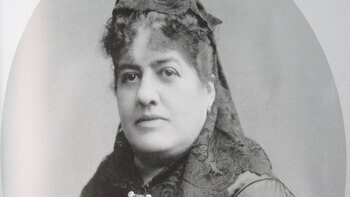
The Ministry of Culture, through the Vice-Ministry of Cultural Heritage and Cultural Industries, declared six titles contained in nine bibliographic units (1886-1893) of the academic production of Mercedes Cabello de Carbonera, material kept by the National Library of Peru (BNP) for the accessibility of citizens.
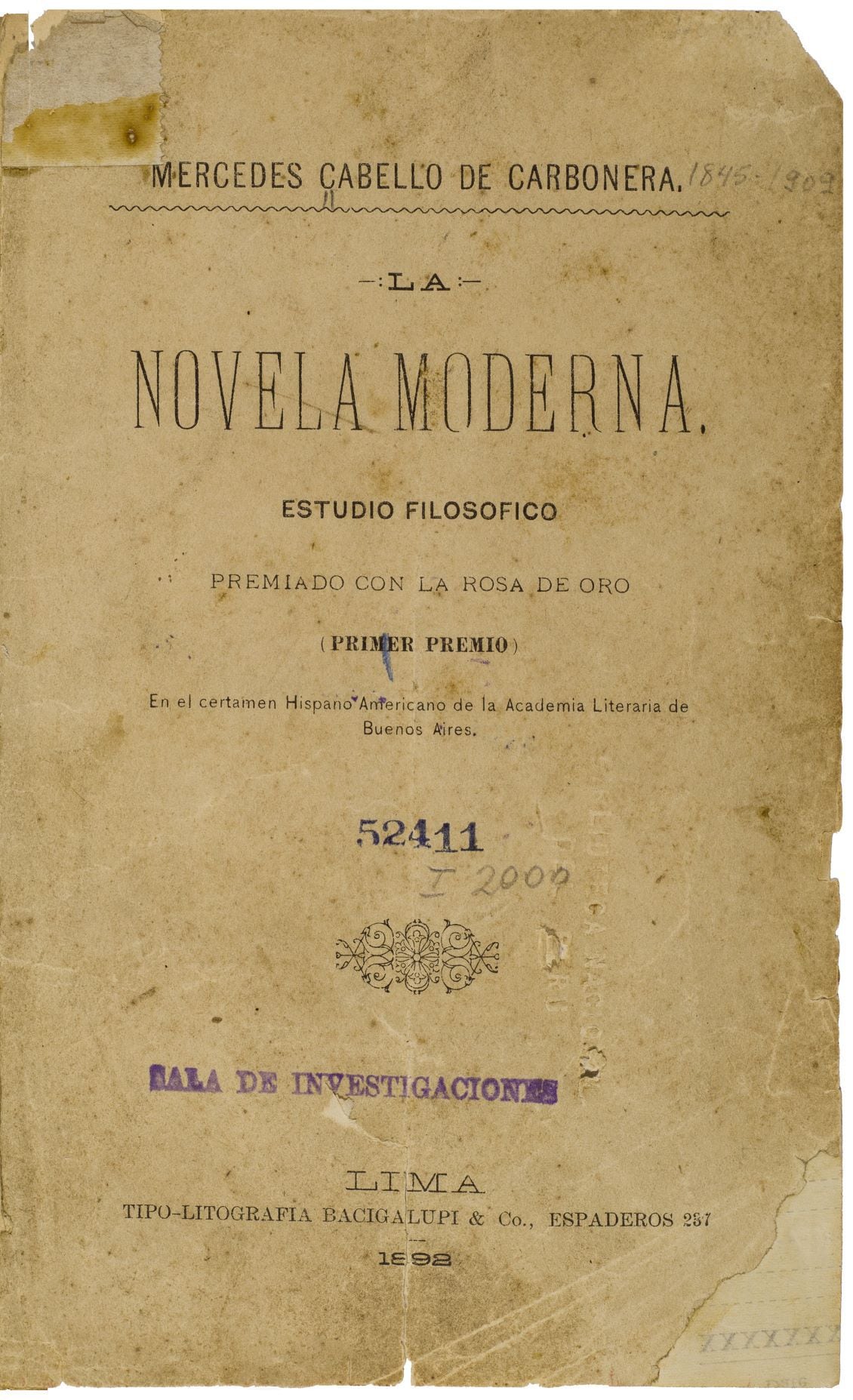
Sacrifice and Reward: Novel (1886); White Sun: Social Novel (1889); The Consequences (1889); The Conspirator, Autography of a Public Man: Social Political Novel (1892); Modern Novel: Philosophical Study (1892); and The Religion of Humanity: Letter to Mr. Juan Enrique Lagarrigue (1893) are the six titles declared Cultural Heritage of the Nation that belong to the renowned writer and forerunner of feminism in Peru, born in Moquegua in 1845.
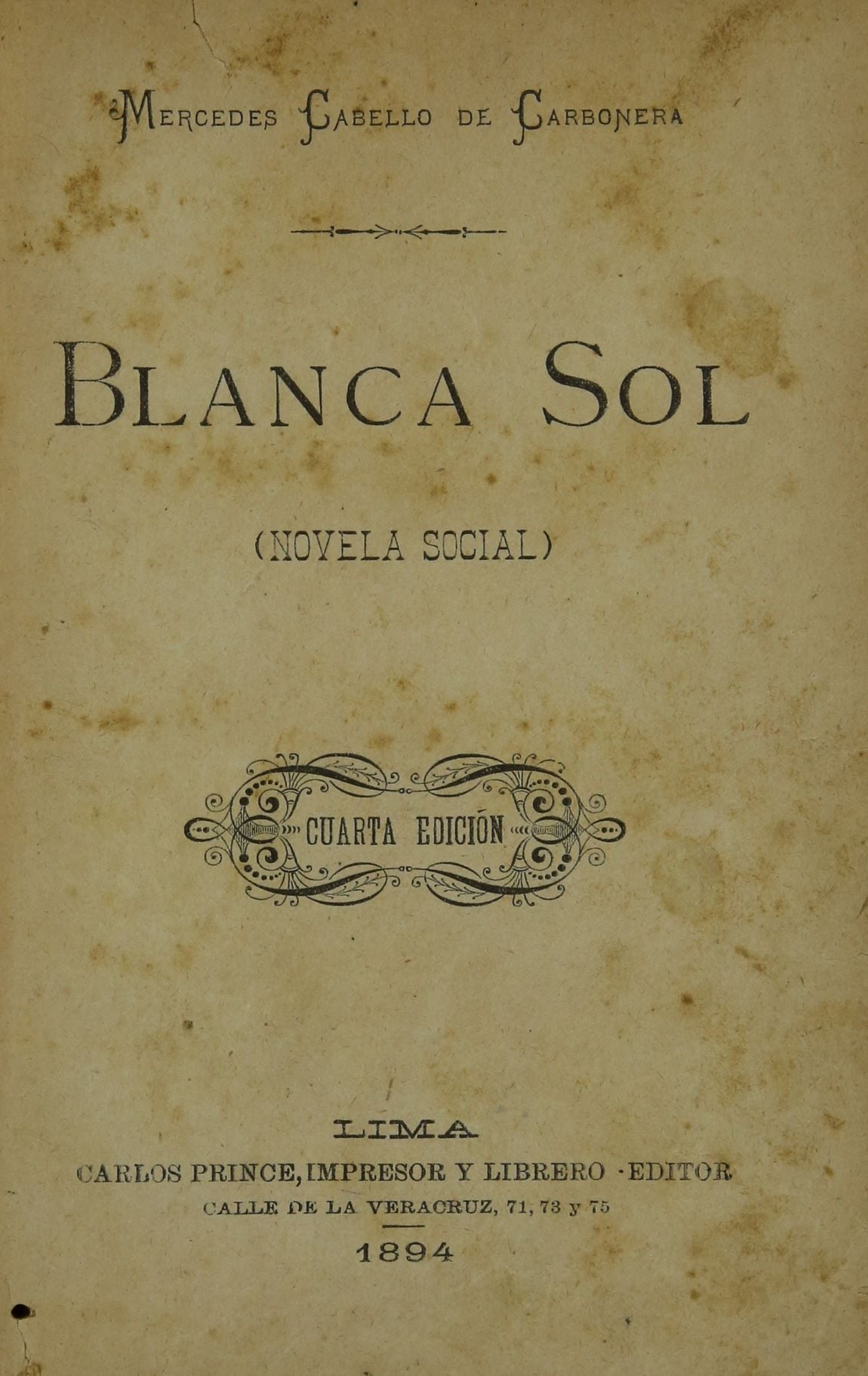
The importance, value and significance of the aforementioned works by Mercedes Cabello de Carbonera lies in their historical, literary and political relevance in highlighting the social problems of Peruvian society in the 19th century. Through his work, he debated the role of the ruling class in the conduct of the State and the difficulties faced by the disadvantaged social groups in Peruvian society.
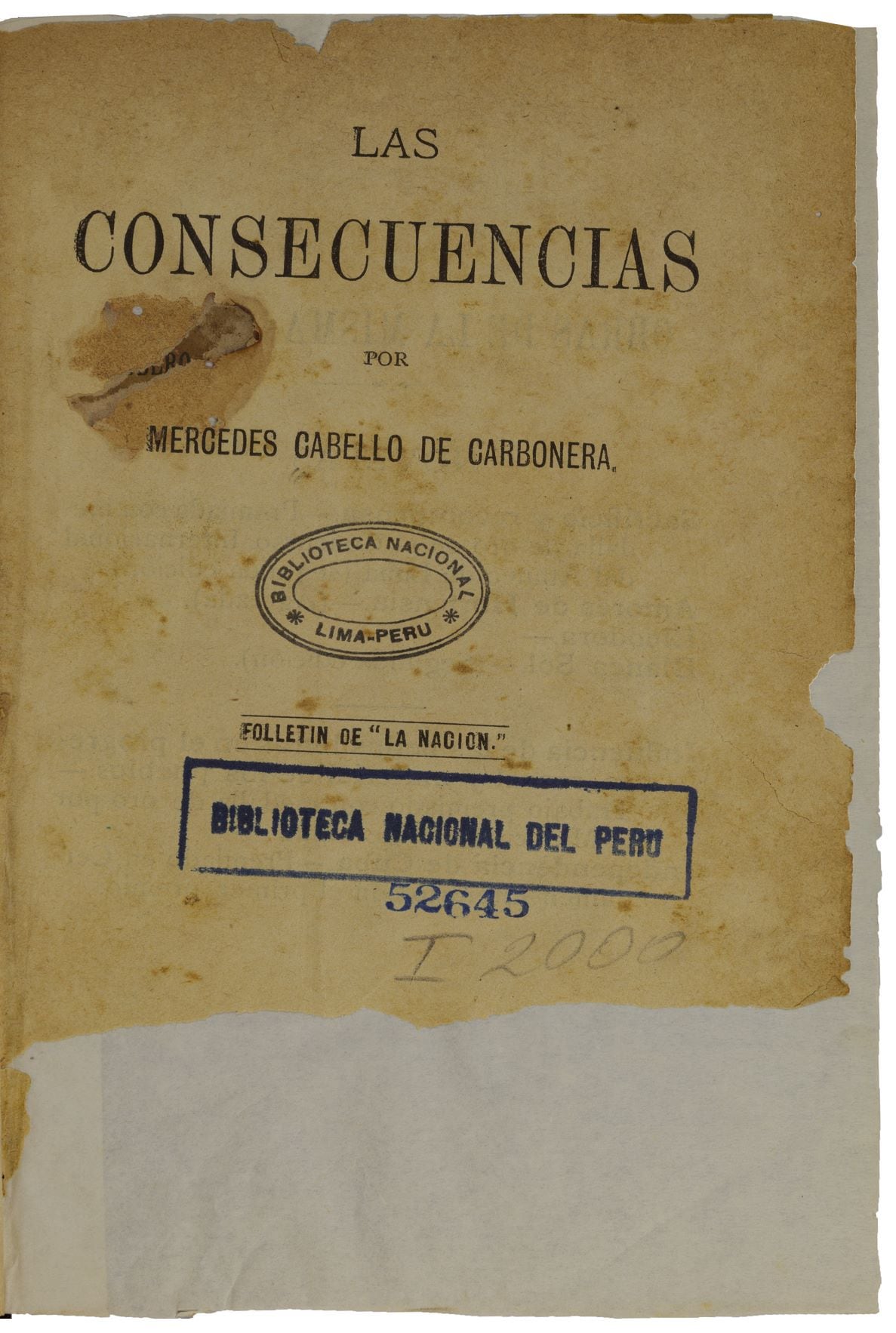
In this regard, the author argued that the country's progress lay in education and employment opportunities for women as agents of national development. In the literary field, he advocated the promotion of a national novel. His literary production was also influenced by the currents of positivism and naturalism.
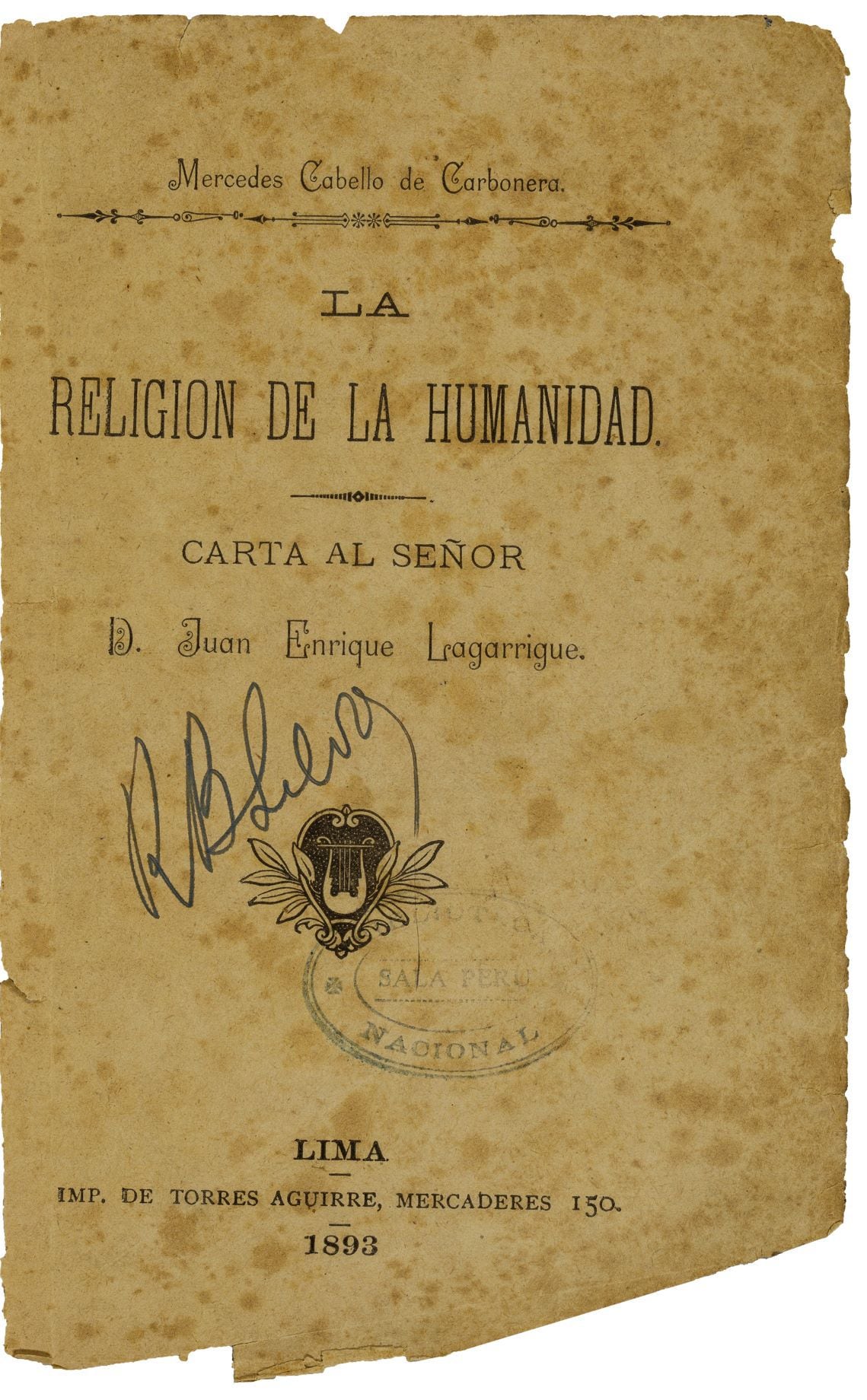
Proposed by BNP for its declaration, these Mercedes Cabello bibliographic units are first editions and present singularities or unique characteristics that differentiate them from other copies and allow them to learn about their history and origin, they present autographs dedicated by the author herself to renowned figures in the field historical, literary and journalistic.
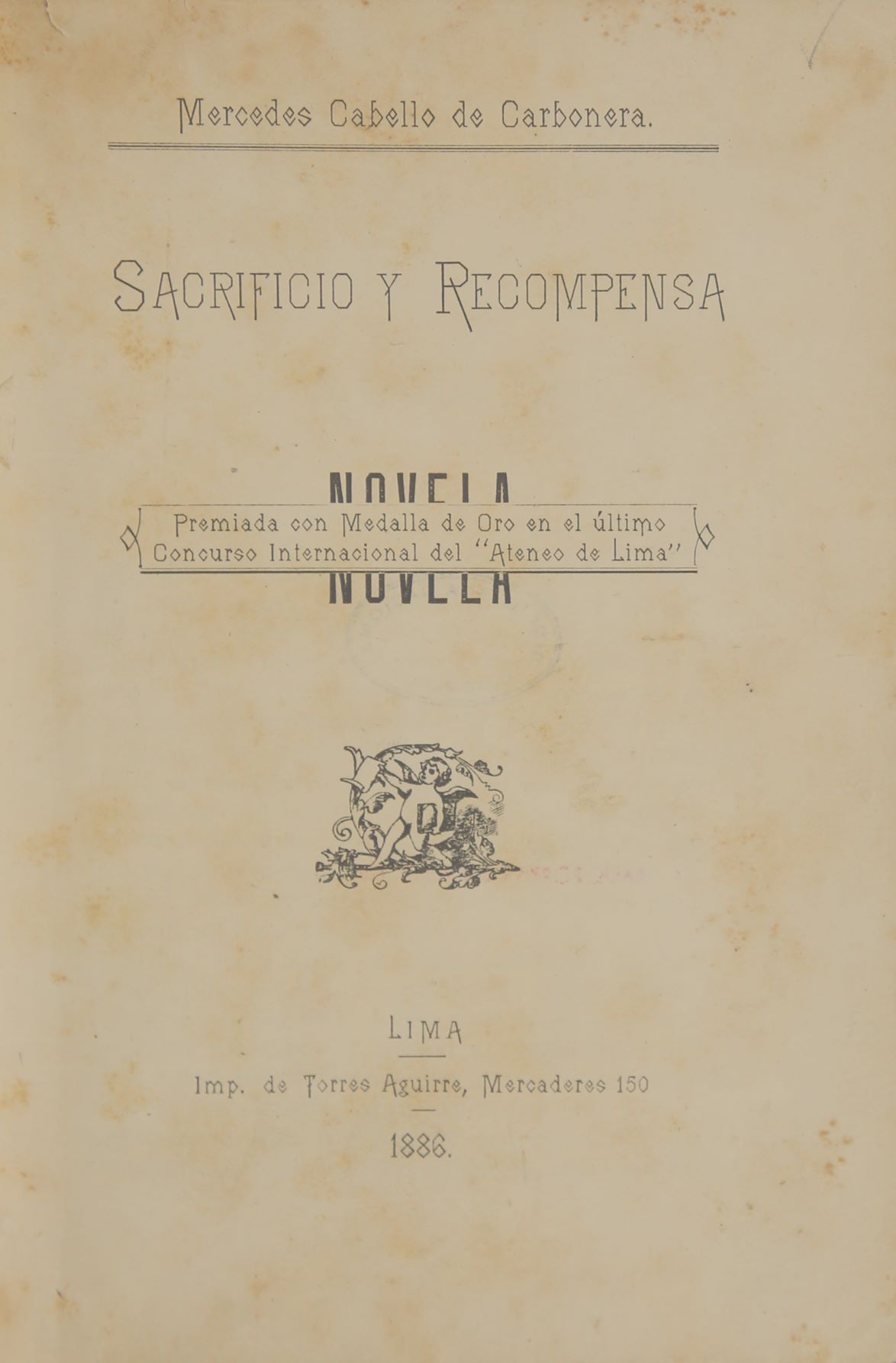
In addition, the copies bear provenance marks such as ex libris and stamps from the private libraries of Ricardo Palma Soriano and Raúl Porras Barrenechea; its declaration contributes to their protection and preservation for present and future generations and encourages the study, research, re-evaluation and visibility of the contribution of women to the history of the country.
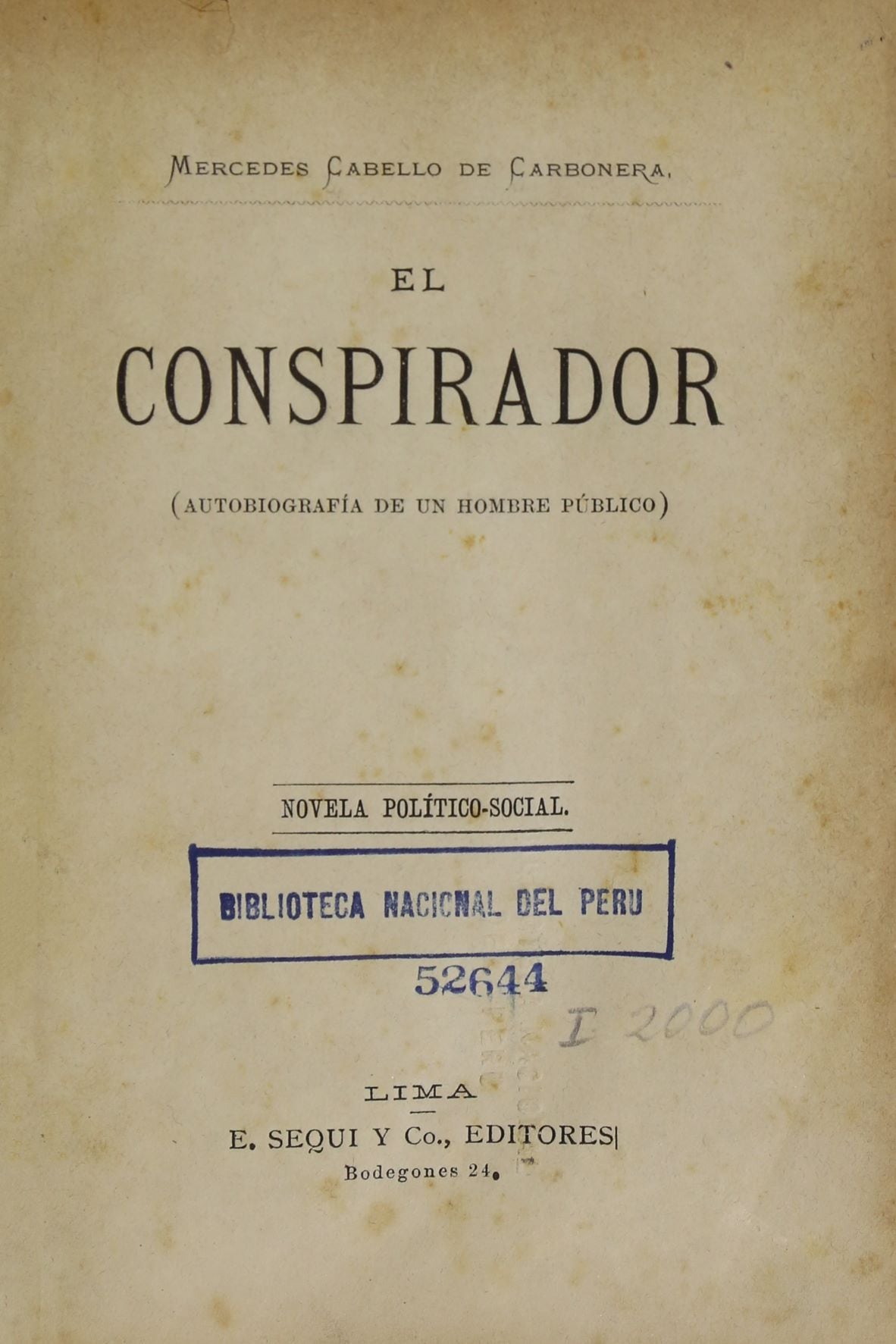
KEEP READING
Últimas Noticias
Debanhi Escobar: they secured the motel where she was found lifeless in a cistern

The oldest person in the world died at the age of 119

Macabre find in CDMX: they left a body bagged and tied in a taxi
The eagles of America will face Manchester City in a duel of legends. Here are the details

Why is it good to bring dogs out to know the world when they are puppies




